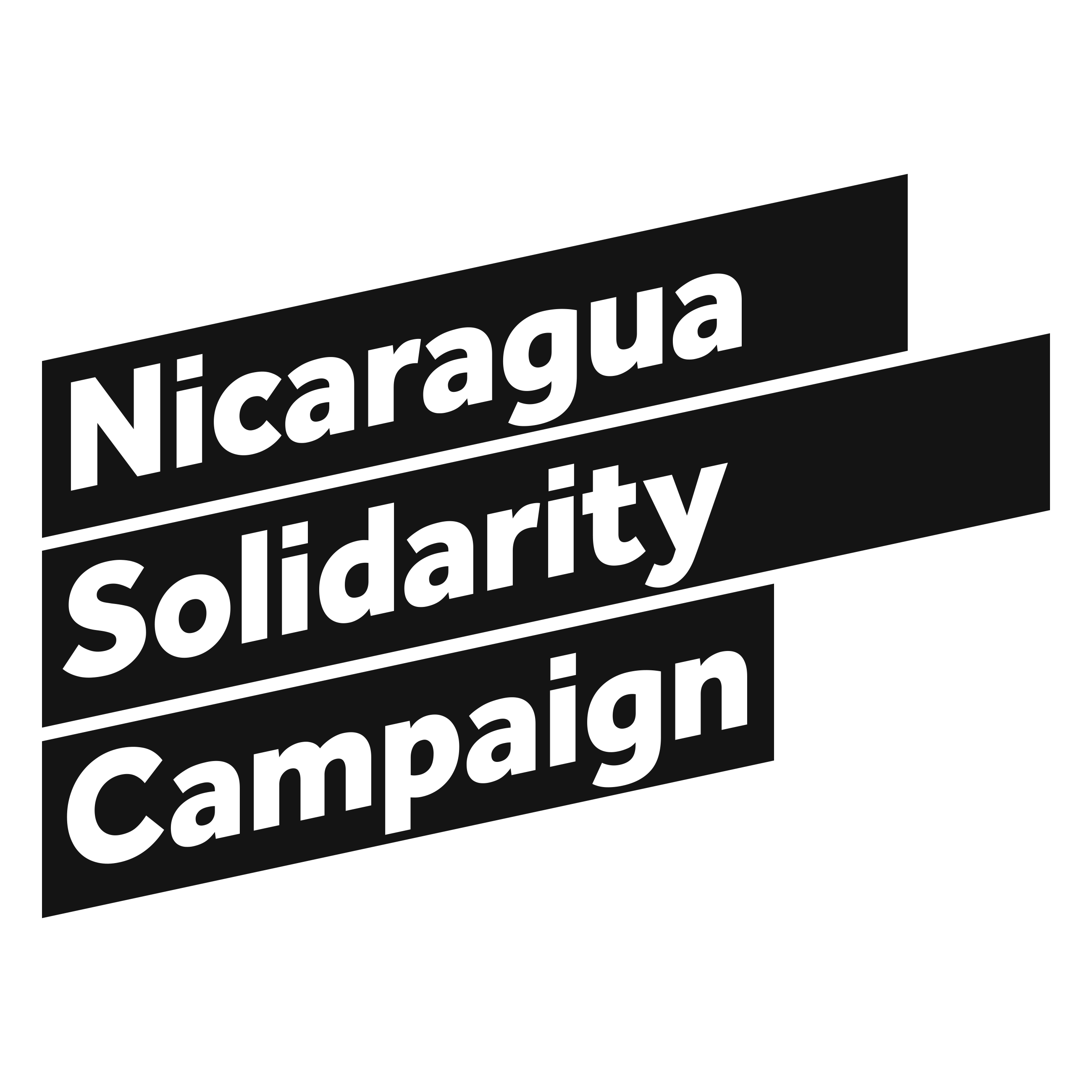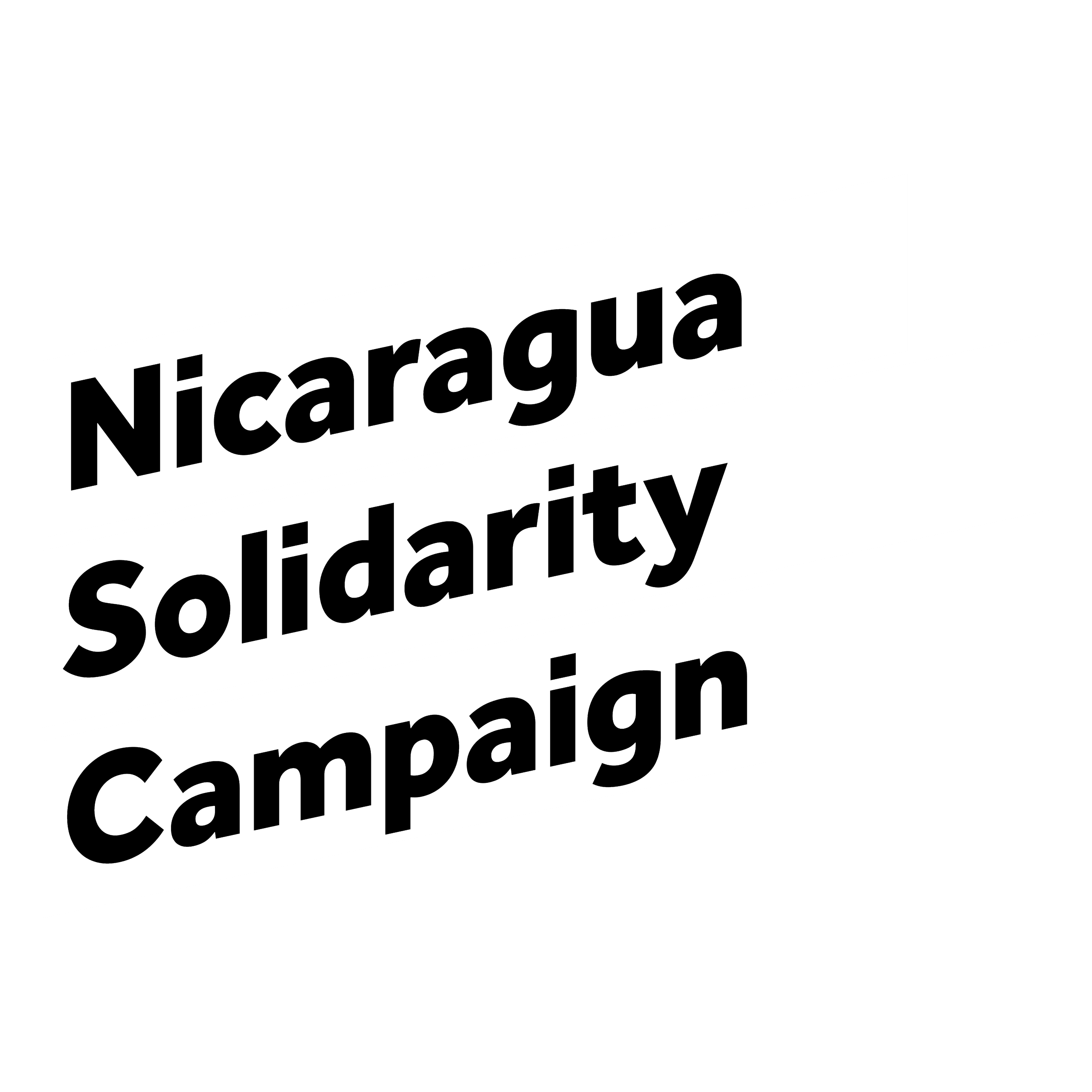
Nicaragua’s success in controlling Covid-19 transmissions
The number of Covid cases and deaths in Nicaragua peaked in the May – June period but since then have dropped significantly; last week one Covid unit in the hospital in Rivas reported no patients at all.
The Nicaraguan government started preparations in February, training all 36,000 health workers, equipping 19 hospitals, setting up a free national helpline, and mobilising health professionals and volunteer health promoters to undertake door to door education and monitoring campaigns.
This was part of a Ministry of Health (MINSA) public awareness campaign urging people to take preventive measures such as social distancing, hand washing, use of masks and the care of vulnerable groups.
In addition, central and local government departments launched a cleaning and disinfection programme of schools, public transport, taxis, markets and other public spaces.
All these measures are in line with the well- integrated community health care model that the current government has invested in since returning to power in 2007.
Sixty-five per cent of Nicaraguans work in the social economy. For many in this sector their livelihoods are dependent on their daily earnings.
Unlike neighbouring countries Nicaragua never imposed a total lockdown, recognising the devastating impact this would have had for hundreds of thousands of people, particularly women.
According to MINSA figures the total number of COVID cases up till 20 October is 4,362; of this number 155 people have died.
So far, there are clear indications that the measures the Nicaragua government has taken have been very successful in controlling such an unpredictable, devastating virus.

